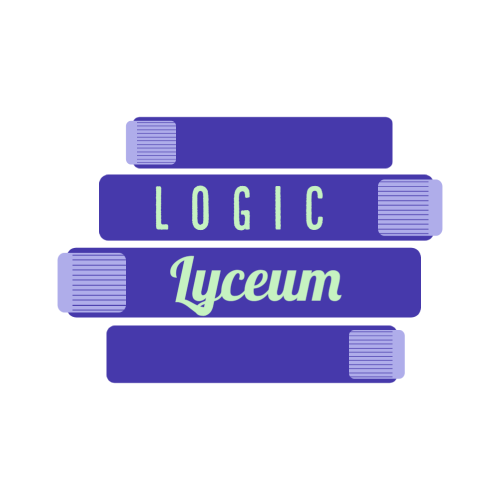
So what exactly is philosophy? If we take a look, it’s not an “-ology” which means the study of something, such as biology being the study of life within a biosphere or geology being the study of our Earth’s geological features. Rather it comes from two Greek words: Philos translates as a thing which is loved like a friend. Sophia, aside from being a cute name for a girl, means wisdom. So, philosophy literally means a love of wisdom and what does that really mean?
Philosophy basically asks a bunch of questions about various topics, and people seek to answer it by talking about. It doesn’t usually have data that can be derived from observation or experiments. How would we observe whether or not we are living in the matrix? What experiments could we conduct on God’s existence?
What do philosophers study?
- Natural Philosophy, while not heavily studied due to the advent of modern science, asked questions about nature. Early questions include what causes solar eclipses, and what element(s) make up our world?
- Metaphysics, as its name alludes to, is any subject matter that is beyond our physical reality, such as a thing’s existence or identity, space and time, and cause and effect. Popular thought experiments include the Ship of Theseus and the Grandfather Paradox.
- Epistemology covers all aspects of human knowledge. It seeks to define what knowledge is, where we get our knowledge from, and how do we prove that we have said knowledge.
- Axiology, the study of value, includes two popular sub-categories: Ethics and Aesthetics. Ethics deals with moral values by examining situations like the Trolley Problem, and Aesthetics would deal with value of beauty and whether it is subjective or objective.
- Last but not least is Logic, which defines a set of rules and interpretations that lead to correct and incorrect ways of reasoning. There are no simple questions that fully encapsulate what this broad category has, so we’ll leave it on the back burner for now.
So as seen from above, philosophy has a wide breadth and history of people asking a variety of questions across centuries. This list is hardly comprehensive, and does not cover whole fields and eras of study: philosophy of mind, philosophy of science, political philosophy, philosophy of history, eastern philosophy, medieval philosophy, and even philosophy of humor. Yes, that is a real thing by the way!

And I think that’s where we should end our class for today! The great thing about first classes is that they usually stop at the syllabus. So what exactly is our syllabus? Well it’s basically anything we decide together! Obviously, I have a rough outline of topics to cover, but if you have anything you want me to cover then feel free to comment below or contact me. I’ll also be interchanging with some coding tutorials on the other half of my blog *wink* *wink* *nudge* *nudge*. And always remember…
We should not be ashamed to acknowledge the truth from whatever source it comes to us, even if it is brought to us by former generations and foreign peoples.
~ Abu Yusuf Ya’qub ibn Ishaq as-Sabbah al-Kindi aka Al-Kindi




I love reading through an article that can make men and women think.
Also, thank you for allowing me to comment!
Thanks for being my first comment! I really appreciate you reaching out!